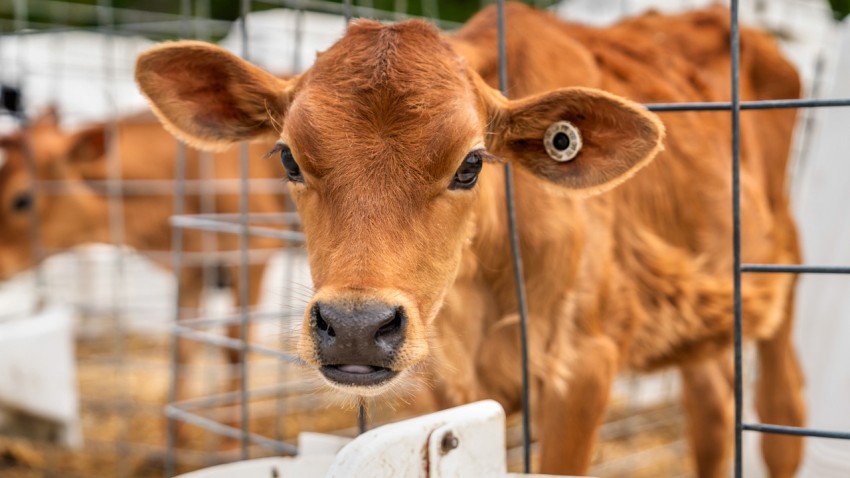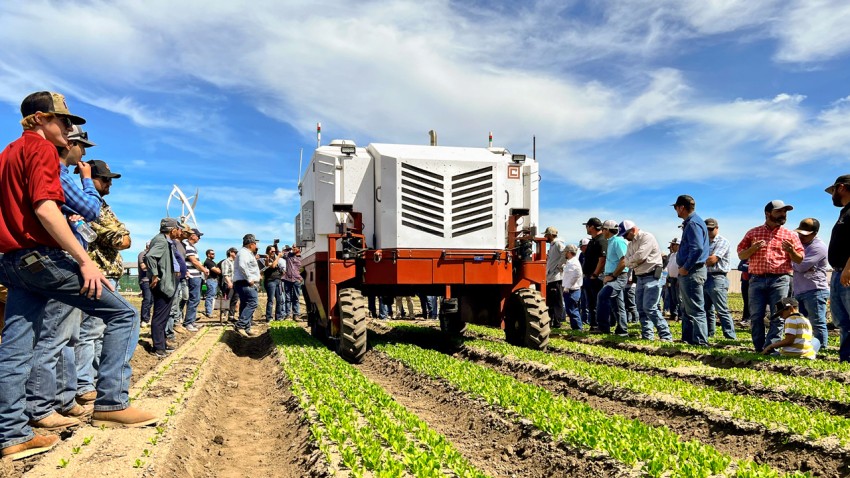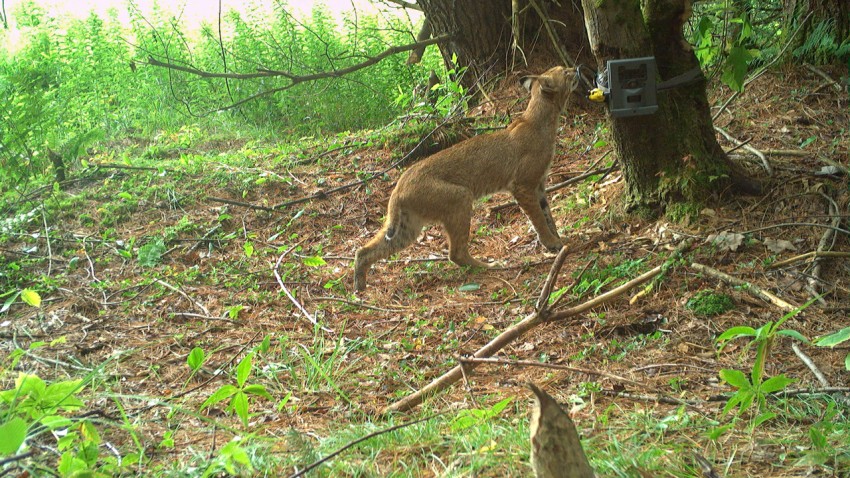Recent Stories
The Ruminant Farm Systems modeling tool is available for open-source...
On June 30, dairy industry leaders from New York state toured the Cornell...
The bass rapidly evolved to grow faster and invest more in early...
Researchers project that burying the wood debris from managed forests...
The study found that the laser weeders worked as well as common...
Snapshot NY aims to collect widespread data about animal populations...
For decades, researchers searched for a single “thermosensor”—a...
Researchers project significant energy gains from using floating solar on...
The June 6 panel, "Beyond the Apocalypse: New Narratives and Innovations...
Atkinson Venture Fund awards have distributed $217 million to 223...
To satisfy the seafood needs of billions of people, offering them access...
In collaboration with Tompkins Consolidated Area Transit, researchers...












